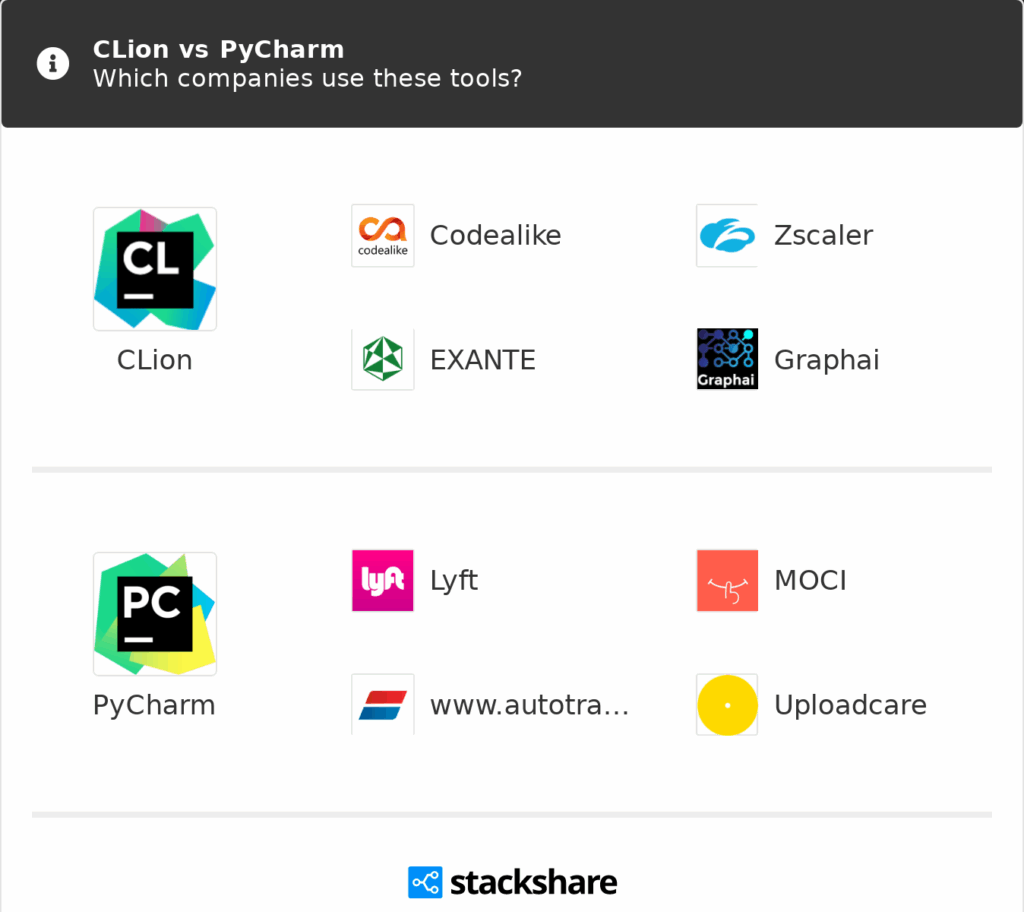Choosing the right development environment can make or break productivity in quantitative finance. With complex codebases, performance-critical models, and constant debugging, quants need more than just a basic text editor. In this article, we’ll look at why CLion stands out as the Best C++ IDE for Quant Devs, and how it can streamline everything from building numerical libraries to managing large-scale projects in finance.
1.History of CLion
CLion is a cross-platform IDE for C and C++ developed by JetBrains, the company best known for IntelliJ IDEA and PyCharm. It was first announced in 2014 with the ambition of offering a modern, professional-grade environment tailored to the needs of C++ developers.

Built on the IntelliJ Platform, CLion immediately stood out by adopting CMake as its primary build system, which differentiated it from many other IDEs at the time. The first stable release arrived in 2015, and developers quickly appreciated its intelligent code completion, powerful refactoring tools, and support for contemporary C++ standards such as C++11 and C++14. Over the years, JetBrains integrated advanced debugging capabilities through GDB and LLDB, added support for unit testing frameworks like Google Test and Catch, and expanded cross-platform compatibility across Windows, Linux, and macOS. As CLion matured, it introduced version control integration, static code inspections, and remote development workflows—features that made it especially attractive for professionals working with large codebases in performance-critical fields such as finance and scientific computing. By the late 2010s, JetBrains had extended CLion’s ecosystem with plugins for other languages, while ensuring ongoing support for the newest C++ standards, including C++20. In parallel, profiling and memory analysis tools were refined, helping developers optimize applications where speed and reliability are paramount. Today, CLion is widely recognized as one of the best C++ IDEs for quantitative finance and continues to evolve in lockstep with modern toolchains and the ever-advancing C++ language.
2. Features of CLion
Lion is a powerful cross-platform IDE designed specifically for C and C++ developers. It comes with a smart editor that understands your code, offering intelligent completion, quick navigation, and safe refactoring options. Built around CMake, CLion makes project setup seamless and integrates smoothly with modern development workflows. Debugging is one of its strongest points: you get inline variable views, breakpoints, watches, and even a memory view to inspect raw data. The IDE also supports unit testing frameworks like Google Test and Catch, making it easy to validate your code. For performance and reliability, CLion integrates tools such as Valgrind, sanitizers, and profiling utilities, helping you catch memory leaks and optimize execution speed. If you work with embedded systems or remote environments, CLion has you covered with remote development, WSL, and Docker support. In my view, it makes of CLIon the best C++ IDE for quant devs.
Developers can also benefit from built-in version control, database tools, and Python scripting extensions, creating a versatile environment beyond just C++. Add in live templates, code generation, and regular JetBrains updates, and you get an IDE that feels modern, customizable, and designed for the day-to-day challenges of quantitative development.
3. CLion vs VSCode
When it comes to C++ development, many developers weigh the pros and cons of CLion versus Visual Studio Code. CLion, built by JetBrains, is a fully integrated development environment with deep, language-specific intelligence. It offers features like CMake integration, refactoring, debugging with inline variable views, and profiling tools right out of the box. VS Code, on the other hand, is a lightweight code editor that becomes powerful through its ecosystem of extensions. While VS Code is free, flexible, and supports a wide range of languages, it often requires careful setup and configuration to reach the level of productivity CLion provides by default. For example, debugging in VS Code depends heavily on extensions and manual configuration, whereas in CLion it is seamless and deeply integrated. CLion also includes static analysis, sanitizers, and unit test integration without extra effort, making it ideal for large, professional C++ projects where reliability matters. VS Code, however, shines in terms of speed, customizability, and being lightweight, which can make it more attractive for smaller projects or developers who like to fine-tune their setup.
nother key difference is cost: CLion requires a paid subscription, while VS Code is entirely free. For teams working in quantitative finance or other performance-sensitive fields, CLion’s all-in-one tooling can save significant development time. But for hobbyists, students, or developers who prefer a modular and flexible approach, VS Code remains a strong choice. In the end, the decision often comes down to whether you value a complete, ready-to-go IDE (CLion) or a lightweight, customizable editor (VS Code). CLIon is the best C++ IDE for quant devs.
4.Pricing
CLion is a commercial product from JetBrains, which means it comes with a subscription model rather than being completely free like many editors. Pricing is flexible, depending on whether you’re an individual developer, a business, or part of an educational institution. For individual users, JetBrains offers monthly and yearly subscription options, with the yearly plan providing a discount compared to paying month by month. Businesses pay a higher rate per seat, but they also get centralized license management and dedicated support. CLion is also part of the JetBrains All Products Pack, which unlocks every JetBrains IDE: a great option if you work across multiple languages like Python, Java, or Kotlin alongside C++. Students and teachers can get free licenses, while open-source contributors may also qualify for complimentary access. Another detail is JetBrains’ progressive pricing: the longer you stay subscribed, the cheaper the renewal becomes after the first and second year. This rewards long-term users and makes it more affordable to stick with CLion over time. There’s also a 30-day free trial, so you can explore the full feature set before committing. For companies, volume discounts are available when purchasing multiple licenses. But there is also a free version of CLion now, available for non-commercial use.
This means students, hobby developers, content creators, or open-source contributors can access the full IDE without cost. The free edition has the same features as the paid one, from debugging to refactoring and profiling. The only limitation is with “Code With Me,” where you get the community version instead of the full package. For anyone learning C++ or experimenting with projects at home, this makes CLion highly accessible. JetBrains’ move aims to lower the barrier for newcomers and grow the C++ developer community. If you later decide to use CLion in a professional or commercial setting, you can simply upgrade to a paid license. Until then, the free license ensures you don’t miss out on the IDE’s advanced tooling. It’s a strong balance between supporting professionals and empowering learners.
5. Conclusion
In conclusion, CLion stands out as a professional-grade IDE built specifically for C and C++ developers: probably the best C++ IDE for quant devs. Its deep language intelligence, powerful debugging tools, and seamless CMake integration make it a reliable choice for large and complex projects. Compared to lighter editors like VS Code, CLion offers a ready-to-use environment with everything included from the start. The new free non-commercial license also opens the door for students, hobbyists, and open-source contributors to benefit from its advanced features. For businesses and professionals, the paid subscription ensures ongoing updates, dedicated support, and long-term value. CLion is not just about editing code; it’s about making development faster, safer, and more productive. Whether you are learning C++, building quantitative finance models, or working on production-grade systems, CLion provides the tools you need in one place. Ultimately, it combines the depth of a full IDE with the flexibility modern developers expect, making it a strong contender for anyone serious about C++.


